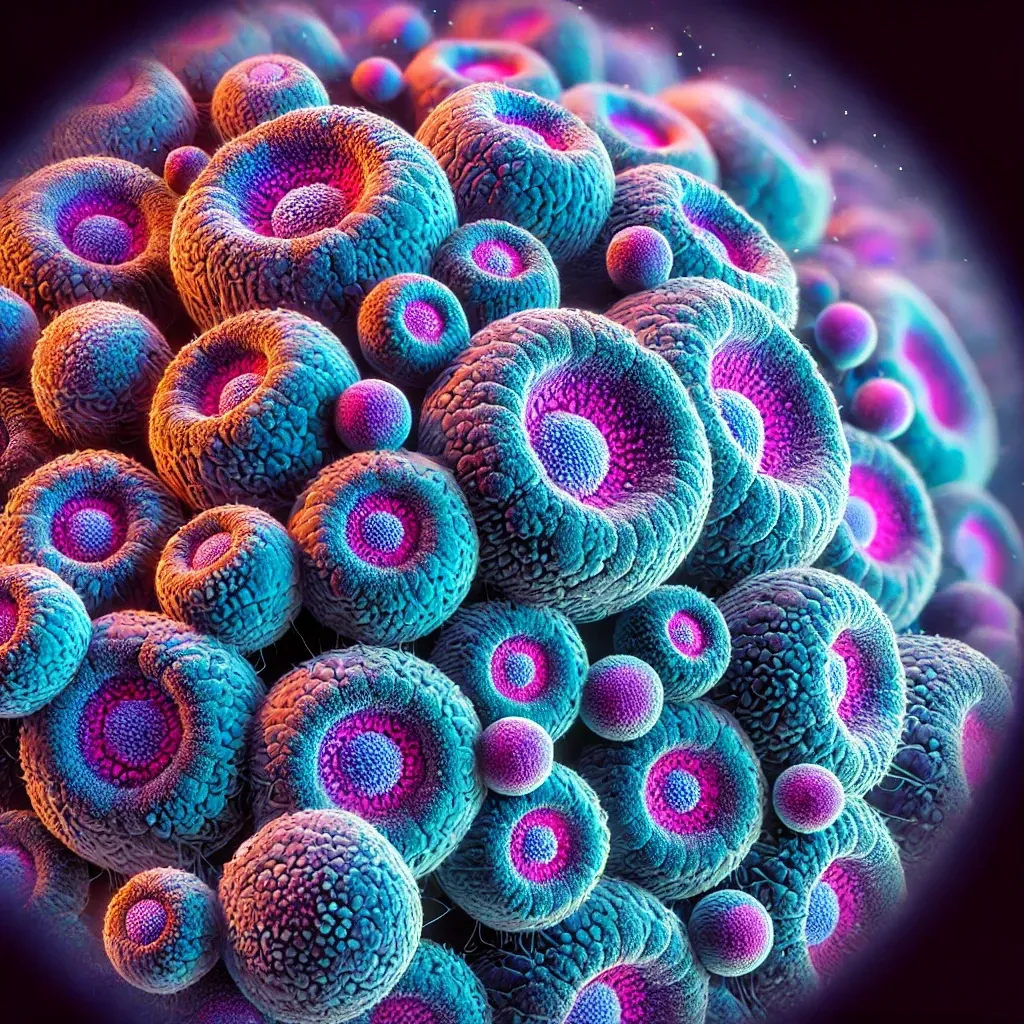Is Your Atrial Fibrillation Coming from Your Mouth?
Atrial fibrillation and Dental Infections
This article provides evidence revealing dental infections such as periodontitis, gingivitis and endodontic lesions may be linked to cardiovascular disease, atrial fibrillation and cardiac arrhythmia.
Atrial fibrillation (AF) is the most common persistent cardiac arrhythmia occurring in clinical practice.
Oral bacteria and/or their DNA have been detected in human atherosclerotic lesions, the pericardial fluid, heart valves, and thrombi in many studies. A recent meta-analysis of 63 studies that included 1791 patients confirmed the presence of 23 oral bacterial species in atherosclerotic plaques. Campylobacter rectus, Porphyromonas gingivalis, Porphyromonas endodontalis, Prevotella intermedia, and Prevotella nigrescens.
Patients affected by oral infections are exposed to many toxins, metabolic products, and proteins of bacterial origin, which may influence the myocardium.
Inflammation, as well as atrial electrical and structural remodeling, is suggested to play a role in the initiation and perpetuation of AF.
It is recommended to consider dental infections in patients suffering with AF.
References
References
https://www.ncbi.nlm.nih.gov/pmc/articles/PMC6164509/
https://www.ncbi.nlm.nih.gov/pmc/articles/PMC5087888/
https://onlinelibrary.wiley.com/doi/10.1111/ijcp.13875
Don't Miss Out!

Heidi Toy Functional Medicine Blog

How can we best keep blood sugar stable? Do what our body is designed to do – use fat for energy. Our species did not survive the Ice Age because of vanilla coffee lattes and cheesecake. Throughout most of our history, we ate a diet that was likely 50-70 percent fat. Look at the old family photo albums, specifically pictures of people in the first half of the 1900s, before we had so many processed foods. You won’t see many fat people--in fact, most look darn skinny. If they lived on the farm, they ate lots of eggs, meat, milk, and vegetables out of their own backyards. “Diet foods” were non-existent. Heart disease was almost non-existent. Our metabolism is designed to work much better with fats better than with sugar. Fats provide the slow and steady fuel our body likes to use for energy. Think of fats as a slow-burning log on the fire. One log (i.e. one meal containing fats) lasts for hours. Starchy carbs, on the flip side, are like kindling. You constantly have to throw more twigs (chips, pasta, bagels) to keep the fire burning. The first step is to know your sugars by reading the labels, and then avoid said sugars as much as possible.

Omega-3 and Omega-6 are considered “essential” fatty acids because they cannot be produced by the body--we get them from the food we eat. They are biologically active upon ingestion, which means the body utilizes them right away and cannot store them up for later. They are essential because they help with both inflammatory and anti-inflammatory responses.





























































































